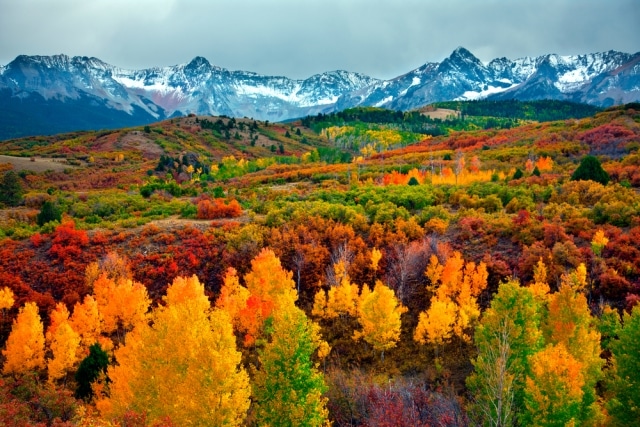Colorado’s oil and gas industry is trying to short-circuit proposed ballot initiatives that would strictly regulate drilling and fracking by pushing a watered-down, last-minute bill in the state legislature.
The industry-backed “grand bargain” bill would give local governments limited, feel-good regulatory authority over oil and gas operations, like the ability to determine setbacks from drilling rigs and to charge “reasonable” fees for inspecting drilling operations.
Colorado’s legislative session ends May 7 though, leaving precious little time for the legislature to take up the measure. The bill faces only a 50/50 chance of even being introduced within the next couple of days. It would need a minimum of three days to get through the legislature.
Weak Industry-Sponsored Bill vs. Strong Grassroots Initiatives
The proposed bill would let energy companies appeal decisions by local governments regarding their operations, and would keep cities from banning or placing moratoria on drilling for more than six months within any five year period. It would also block communities from banning oil and gas operations within their borders.
By contrast, the ballot initiatives would give local governments far more extensive power to regulate oil and gas operations by allowing cities to ban drilling completely, or mandate large setbacks for drill rigs.
One measure, Ballot Initiative #75, also known as the Community Rights Amendment, goes far beyond regulating oil and gas operations to rein in corporate power. Hailed as a civil rights bill and a game-changer for corporate domination of the state’s legal system, it gives citizens the final say over whether they want to allow any unsafe, hazardous or noxious corporate activity to occur within their city’s borders.
Desperate to keep #75 off the ballot, industry interests are challenging it at every turn. They challenged it to the Colorado Secretary of State’s Hearing Board, but lost on a unanimous vote.
On April 16, in a strategy to delay the measure’s signature-gathering phase, opponents appealed #75 to Colorado’s Supreme Court, claiming the text doesn’t meet legal requirements. The Court is scheduled to rule on the appeal on May 23, which will leave only three months for proponents to gather the 86,105 valid signatures needed to get the measure on the ballot.
Currently in Colorado, state oil and gas regulations override the desires of citizens and local governments to regulate drilling in their communities. Frustrated people across the state are finding out they are powerless to stop drilling rigs from setting up next to homes, schools, parks and shopping centers. This has created the recipe for the growing anti-fracking movement in Colorado, and the ongoing policy showdown between people and the energy industry.
Stay tuned for the latest in the fracking battles in Colorado.
Image credit: Colorado landscape via Shutterstock.
Subscribe to our newsletter
Stay up to date with DeSmog news and alerts






